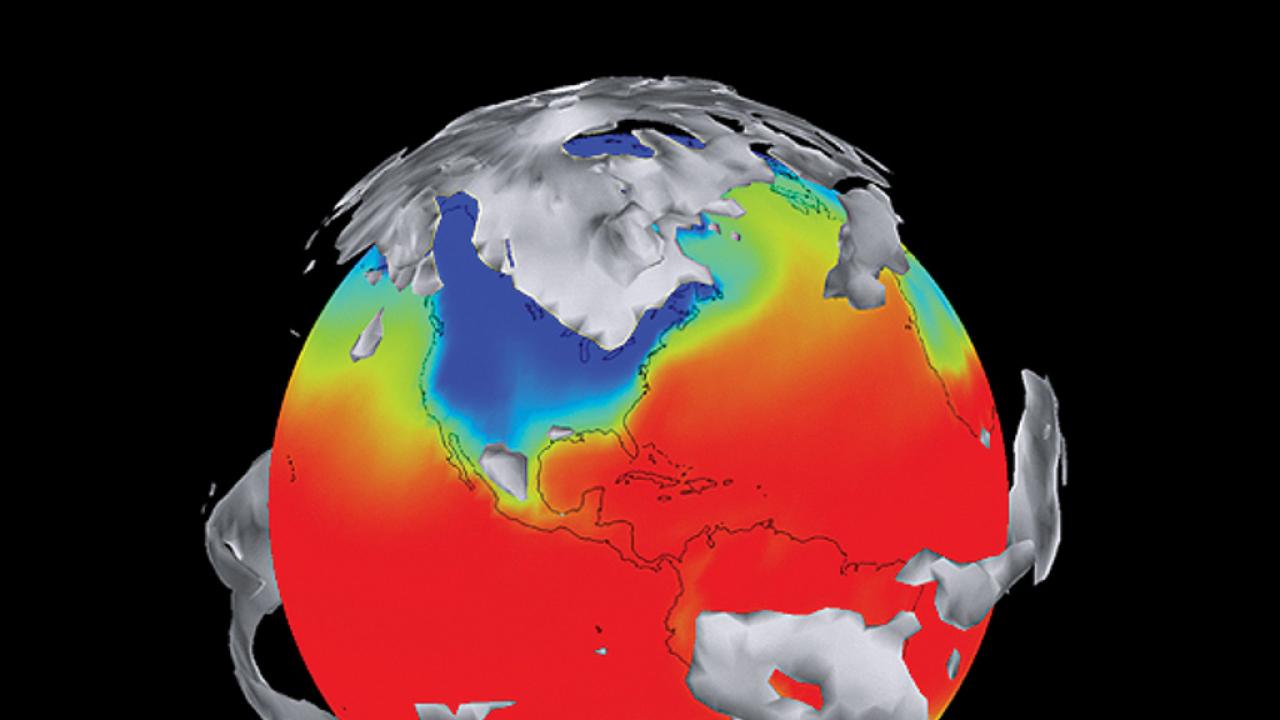
ICTP will host two activities on climate modelling during the month of July. The "School and Conference: The General Circulation of the Atmosphere and Oceans: A Modern Perspective," is being held from 11 to 15 July.
The second is the "Workshop on Hierarchical Modelling of Climate," which will run from 18 to 22 July.
These events promote the study of the ocean, atmosphere, and biosphere as an integrated system, where each part affects the others. The interaction between these three entities produces climate, Jagadish Shukla explained, and it is impossible to understand one without thinking about the others. Shukla, one of the school's directors, is a professor at George Mason University and president of the Institute for Global Environment and Society (IGES).
Shukla, who has helped organize training programs at ICTP for 22 years, expressed surprise at the high level of interest in the school. "This is the largest group I've ever seen," he said. The school received hundreds more applications than the organizers had anticipated. They were able to accept 93 students, 82 of whom came from developing countries.
Participants are learning a new software programme called the Grid Analysis and Display System (GrADS), which the IGES has designed to allow easier access, manipulation, and visualization of earth systems data. Jennifer Adams, one of the software developers from IGES, is teaching the students to use the programme, a skill Shukla hopes they will share with their peers at their home institutions.
Fred Kucharski, the local organizer for both the school and the conference, said that there is a strong link between the two events. The school will look at observational data and focus on understanding circulation both in the atmosphere and in the ocean, while the workshop will discuss how best to work with those circulations in different types of climate models, ranging from the biggest in the world to the most idealized and simplistic.
"Global society is very interested in the climate problem," Shukla said. The environments and economies of developing countries stand to be affected by both climate change and climate variability. "People want to know how climate works." And learning how climate works will require a constant refinement of the tools and techniques used to study it.
















